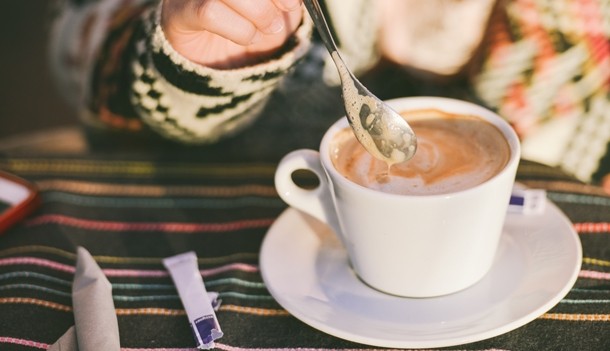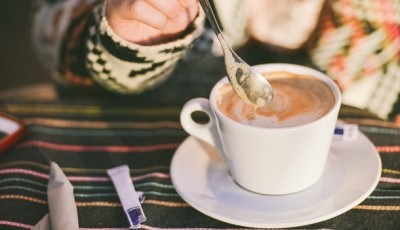Analysis
Could Pret replace the pub?

Licensees are well-versed in the potential problems facing the industry. Spiralling business rates, cut-price supermarket alcohol deals, rising prices from brewers — publicans are all too aware of the challenges ahead.
But during the past year, a potential new threat has surfaced — that of coffee shops and fast-food outlets stepping on the trade’s toes by selling beer and wine.
Pret A Manger and Starbucks launched evening concepts within weeks of each other in a bid to convince customers there’s more to them than a quick lunch time sandwich, and Burger King became the first fast-food chain in the UK to secure an alcohol licence last November.
Starbucks
Starbucks Evenings, which is currently available at its Stansted and Edinburgh airport and Euston Station sites, and offers small plates alongside a choice of 10 wines, beer and cider, bills itself as an alternative to bars and pubs.
“We’ve always been your neighbourhood spot where you can take a moment to unwind, grab a well-deserved treat and meet up with friends. But, sometimes, you just want a glass of wine and a delicious bite to eat without going to a bar,” the company blurb said.
Pubs have been urged to expand their coffee offers and embrace all-day concepts for several years, so it’s perhaps no surprise coffee shops have decided to turn the tables. But do licensees need to be worried?
Yes & No
Simon Stenning, executive director of the Publican’s Morning Advertiser’s (PMA) sister brand MCA, said the answer was both yes and no.
“It will have an impact and it will make a difference because consumers now have a broader range of sites to go to socialise, they’re not restricted to one site for beer and one for coffee.
But pubs are already trying to become an alternative to coffee shops through an improved food and coffee offer so Pret and Starbucks are responding to that threat and are trying to muscle back in. It’s a natural evolution,” he said.
“Some previous research shows that when consumers were asked whether they would like to have access to beer and wine in coffee shops, the answer was a resounding ‘no’. We associate each outlet with a different activity. Pubs are becoming that ‘third space’ away from the office or home, but they need to keep doing that.”
No plans
Neither Pret or Starbucks have been shouting too loudly about their late-night concepts, restricting the offer to just one or two sites so far. Both have said they will consider rolling out an evening offer to more sites, but confirmed to the PMA they have no current plans to do so.
British Institute of Innkeeping (BII) chairman Anthony Pender, said that, although the BII had watched developments “with interest”, it did not expect the move to hasten the decline of British pubs.
“The great British pub occupies a key part in our country’s culture and there are few things that can beat enjoying a drink with friends in a quality pub,” said Pender, who runs six-strong Yummy Pub Company.
Training
“One comment we feel is worth making is to reiterate the risk and responsibilities associated with serving alcohol to the public,” he said. “Training in the pub sector is taken incredibly seriously and we hope the individuals serving alcohol on these retail premises, entering a new late-night market, will be as well trained as those in our highly regulated industry.”
Concerns about a lack of training and regulation have proved a sticking point in Burger King’s plans to serve beer at London’s Victoria and Paddington train stations. The Metropolitan Police fiercely opposed the plans, arguing it would increase crime and set a precedent for other fast-food brands to follow suit. Westminster Council rejected the application last month.
The Met said: “To us, it’s fast food, fast service, fast alcohol and fast drunkenness as a result. People consume alcohol and have a desire to eat fast food on the way home. At this point, they have had enough to drink but then they will be offered more alcohol at the station.”
As Stonegate Pub Company chairman Ian Payne put it “everybody is trying to nick everybody else’s lunch”. Competition from coffee shops and casual-dining chains is increasingly fierce, but there’s still a long way to go before a group of mates decide to meet for a pint at Pret rather than their local.



